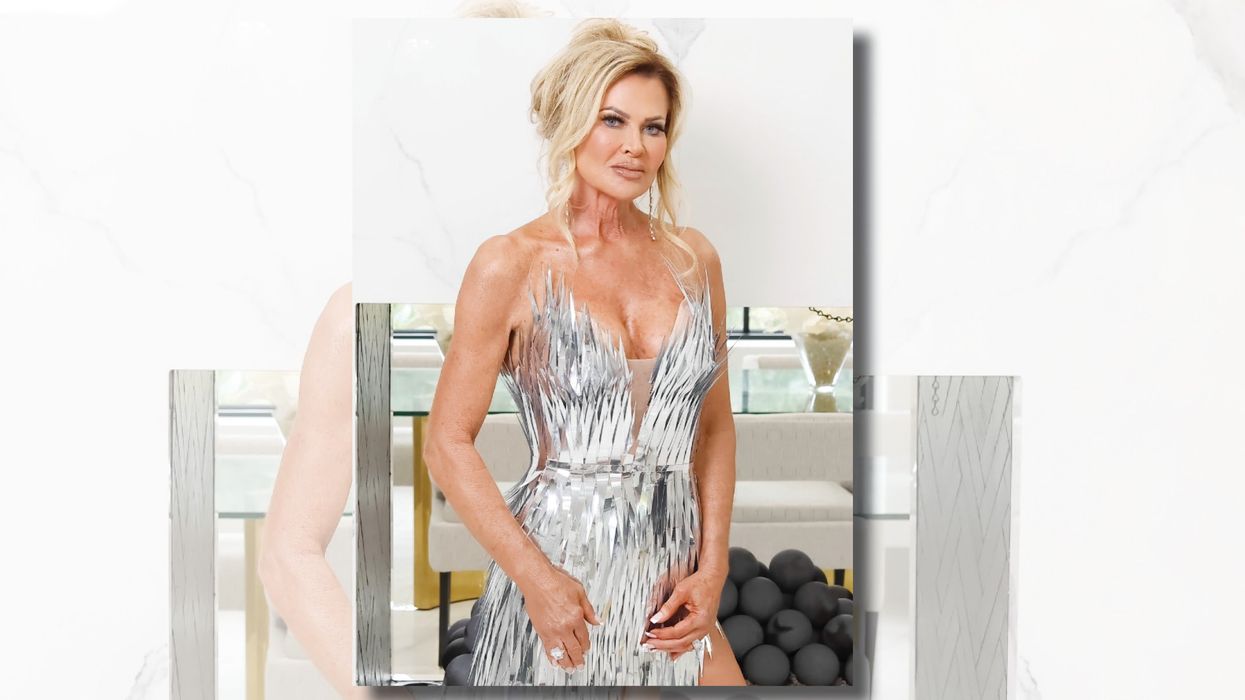Is Cancel Culture a Thing? From Very Large Platforms, Canceled Pundits and Politicians Say Yes!

ANYONE EVEN PASSIVELY on the periphery of politics today has no doubt heard of the pervasiveness of cancel culture in today's society. Millionaire pundits, senators and celebrities congregate nightly on the most-watched news shows to never stop talking about how they are being silenced, while stridently bemoaning their lot as society's new muzzled minority.
The problem is so severe, in fact, that in 2020 the GOP even decided to seemingly forego any policy platform whatsoever in order to focus almost exclusively on "cancel culture" as the theme of their convention (while failing to see the irony in cancelling a speaker for past antisemitic comments).
Even Houston Congressman Dan Crenshaw has hoisted the battle flag valiantly on Twitter, declaring, "It is time to cancel Cancel Culture… Wake up. Hold the Line." (This week, mind you, he is calling for athlete-activist Gwen Berry to be removed from the team for protesting at the Olympic trials.)
But are these deafening, constant cries of free-speech infringement justified? Or are they theatrics trying to distract from a lack of policy substance while generating outrage for easy cash-grabs? And what can we do to ensure actual workers are shielded from unjustly losing their livelihoods?
A few nights ago culture warrior Tucker Carlson, in front of a dramatic computer-rendered image of a stack of burning books, informed his audience of the "mob of Democratic activists" leading the charge against free speech by demanding publisher Simon & Schuster not print GOP Sen. Josh Hawley's latest book. He then cited how fellow controversial figure Candace Owens wasn't offered an opportunity to publish a second book, and how "they had done the same thing to Milo Yiannopoulos several years before."
If you aren't aware of who either of those people are, don't worry — Carlson is quick to let his audience know they can read all about their struggles in his new book, coming out in August, published by … Simon & Schuster. He smirks before adding, "You should check it out."
The seeming lack of self-awareness would be laughable if you didn't already understand that Carlson knows exactly what he is doing; it's part of a rinse, wash and repeat cycle of the free-speech warrior's anthem.
But the fundamental problem with Carlson's argument is, actually, framing it as a First Amendment issue. Because the First Amendment doesn't guarantee anyone a specific platform, much less a second book deal. And Hawley was never at risk of being silenced: He had his book picked up and published by another press, one more favorable to conservative ideology (and one Simon and Schuster does distribution for, in fact). In fact, the buzz generated over his "First Amendment infringement" resulted in even more book sales. He even used big-tech platform Twitter to thank his followers for making his book, Tyranny of Big Tech, a bestseller on big-tech site Amazon. Tucker could only hope for the same result for his upcoming book.
So why might Simon & Schuster want to disassociate from the aforementioned Owens and Yiannopoulos? At the end of the day, publishers are private institutions making a cost/benefit analysis based on public perception and market research.
Another recent example: The Dr. Suess controversy that dominated conservative media in March. It was alleged that the "cancel culture mob" was coming after our favorite children's books. The writer's Estate and the Random House publisher claimed the choice to not publish six books containing racially insensitive material was a moral one — though it was also likely one of profitability, as these books were no longer popular. In any case, Houston's own Sen. Ted Cruz quickly decided to fight for our freedom by selling signed copies of Green Eggs and Ham (not on the list of no-longer-published books), and raised $125,000 for his own campaign.
Controversial and outspoken comedian Katt Williams observed, "I don't know [which] people got cancelled that we wish we had back. Who are they?" The rhetorical question answers itself when you realize public figures and politicians getting on the wrong side of their respective fan bases or constituents has been a constant in society for all of recorded history. Everyone from Elvis to Nixon to Mel Gibson to Colin Kaepernick have had to bear the brunt of saying and doing controversial things in the public eye.
Aside from the monetary rewards, the cancel-culture rhetoric is a theatrical co-opting of victim language by the rich and powerful. It obfuscates and distracts from actual policies — or lack thereof — that create an environment which fosters hostility to their ideas. It's time we understand that "culture" is largely citizens' collective response to how the established hierarchy administers society in practice.
In our country, which has essentially legalized corruption in the form of lobbying, ensuring that the wants of a few are met well before the needs of the many, perhaps we should budget for a bit of vitriol. Those focused on public sentiment toward politicians and celebrities instead of material policy — like a failed, counterproductive drug war, at-will employment (the real cancel culture), diminishing social safety nets and worker protections, and increasing private healthcare costs — should be met with skepticism.










